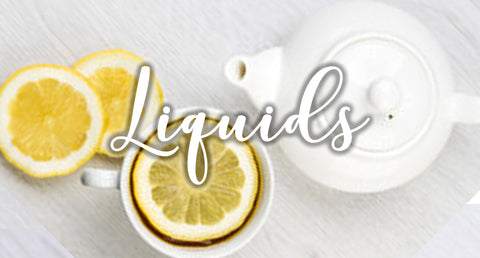Ingredients: Liquids
When using any type of dye a second ingredient is needed to create the chemical reaction to release the dye molecule. Henna requires an acid to break down the dye molecule contained within its leaves.
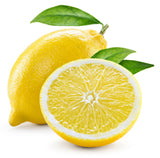 Lemon
Lemon
Bottled or fresh lemon juice is the perfect companion to henna as it is very acidic, reliable, readily available, affordable, and safe. It makes no difference in the final outcome if you use fresh or bottled juice. Bits of seeds, pith, and other particles from fresh squeezed lemons will clog your applicator so be sure to pass it through a sieve, tea strainer, or stocking before you pour it into your henna powder.
Determining exact amounts of lemon juice required for henna paste can be tricky since henna plants are grown in several different regions of the world. Depending on the location, weather, and time of year that the leaves are harvested the recipe will need varying amounts of lemon juice. Your local climate can lead to further variations in the amount of liquid your powder will need.

There are 2 main groups of thoughts as to the best liquid for henna pastes, WATER verses LEMON JUICE.
In the most recent tests we have participated in we have experienced a longer and richer stain from mixes with lemon juice. Lemon juice out performed water, tea and vinegar. The lemon juice mix has more natural sugars in the juice than plain water and we prefer the consistency from those added sugars. Lemon juice mixes take longer to be ready to be use, around 24 hours, but will have a longer more reliable life span.
Water can yield a great henna paste, however variations in regional tap water treatments can greatly alter the stain outcome. Chlorine, formaldehyde and other water treatments can cause some issues so distilled water is best. Water mixes can be ready quickly, in as little at 3-6 hours, but may not last quite as long in paste form as a lemon juice mix.



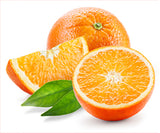
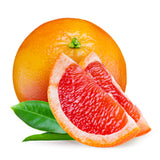
AVOID Orange juice, Lime juice or Grapefruit juice, they are too harsh for use on skin and can cause photo-toxic burns when applied in the sun. Google 'margarita burn' to see what lime juice can do on the skin especially when exposed to sunshine.
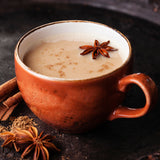
Coffee or Tea are basically water recipes and are not necessary or helpful to the final outcome. Neither coffee or tea stains the skin or deepens the color of the henna stain. Sensitive individuals may be affected by the caffeine, some religions prohibit it's use, but mostly, they don't impart ANY added color and are just one more ingredient in the mix to troubleshoot and explain to clients. We believe simple is better.
Vinegar can be too acidic – it smells horrid, too!

Stick with either lemon juice or water mixes
A simple mix is always easier to troubleshoot and limits allergy risk for clients. There's no benefit to mixing different liquids or adding tea/coffee.


